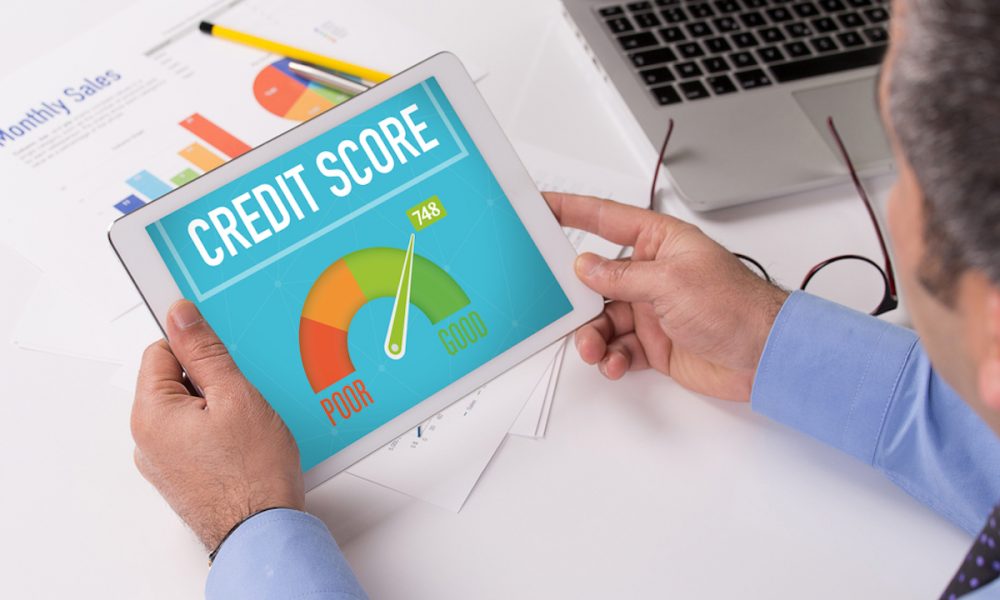Whether it’s electricity, natural gas, water, or other essential services, maintaining these expenses can weigh heavily on anyone’s budget. Many find themselves in a tough spot, teetering on the brink of disconnection due to financial difficulties. Across various communities, individuals encounter similar hurdles when managing utility costs.
As utility prices continue to fluctuate, it’s crucial to understand your options and seek assistance when needed to navigate these financial challenges effectively.
Don’t Let Missed Payments Cut You Off: What to Do
If you cannot pay your utility bills, it’s crucial to understand the potential consequences and available avenues for assistance. Here’s what you need to know:
- Communication is Key: Contact your utility company when you anticipate difficulty paying your bill. Early communication with them allows for the exploration of potential assistance options.
- Consequences of Non-Payment: Ignoring warnings and failing to pay your utility bill can lead to service disconnection. It may result in reconnection fees and possibly the total amount owed. Act promptly to avoid further complications.
- Late Payments and Credit Impact: Late payments can incur fees and impact your credit score if sent to a collection agency. Unpaid utility bills may affect your ability to obtain credit-related products and services, and you may be required to pay a security deposit when starting services with a new provider.
- Know Your Rights: Depending on your location and specific circumstances, there might be temporary moratoriums on service disconnections, especially during extreme weather or for low-income residents who have applied for government assistance. Additionally, medical exemptions might protect those reliant on utility services for life support. Research your state’s utility regulations to understand what protections are available to you.
- Explore Assistance Programs: Utility companies often have access to community or government funding to assist customers facing financial hardships. Additionally, inquire about budget billing options that spread out payments evenly throughout the year.
If you’re facing a temporary financial hardship and need help managing your utility bills, explore all your options. get a loan with low income Short-term, small loans can be a helpful tool to bridge a temporary gap, but it’s important to borrow responsibly. Carefully research lenders and terms before applying. Focus on finding reputable institutions with clear repayment plans and reasonable interest rates.
Finding Relief: Sources of Help for Utility Bills
Let’s explore some key organizations and programs available to ease this burden.
- Low-Income Home Energy Assistance Program (LIHEAP): It aids low-income households with home energy bills and crises, typically defined as those earning up to 150% of the federal poverty level. Eligibility requirements vary by state based on income and household size.
- Low-Income Loans: If you’re wondering, “Where can I get a loan with low income?” credit unions can be a good resource, especially for those with fair credit. Explore options like Payday Alternative Loans (PALs), offered by many federal credit unions. For smaller amounts, secured personal loans using a car or other asset as collateral can be an option.
- The Salvation Army: Many Salvation Army locations partner with utility companies to provide emergency bill assistance. They prioritize individuals with limited incomes, seniors, and disabled individuals.
- 211: Dialing 211 connects you with a local resource specialist who can refer you to community-based organizations offering emergency utility assistance. Examples include Jewish Family and Community Services, which often require a referral from 211.
- Charities: National organizations like the United Way and the National Urban League offer programs to help people struggling with utility bills. Local churches may also have benevolent funds available to assist those in need.
- Findhelp.org: This website connects you with local charities offering assistance with utility bills and other essential expenses. Simply type “utilities” in the search bar to find resources in your area.
Conclusion
High utility bills don’t have to be a source of stress. Numerous resources are available to help, from government assistance programs to support from your utility company itself. Take action before you’re facing disconnection. With some planning and the right resources, you can keep your home comfortable and stay connected to the essential utilities you rely on.




